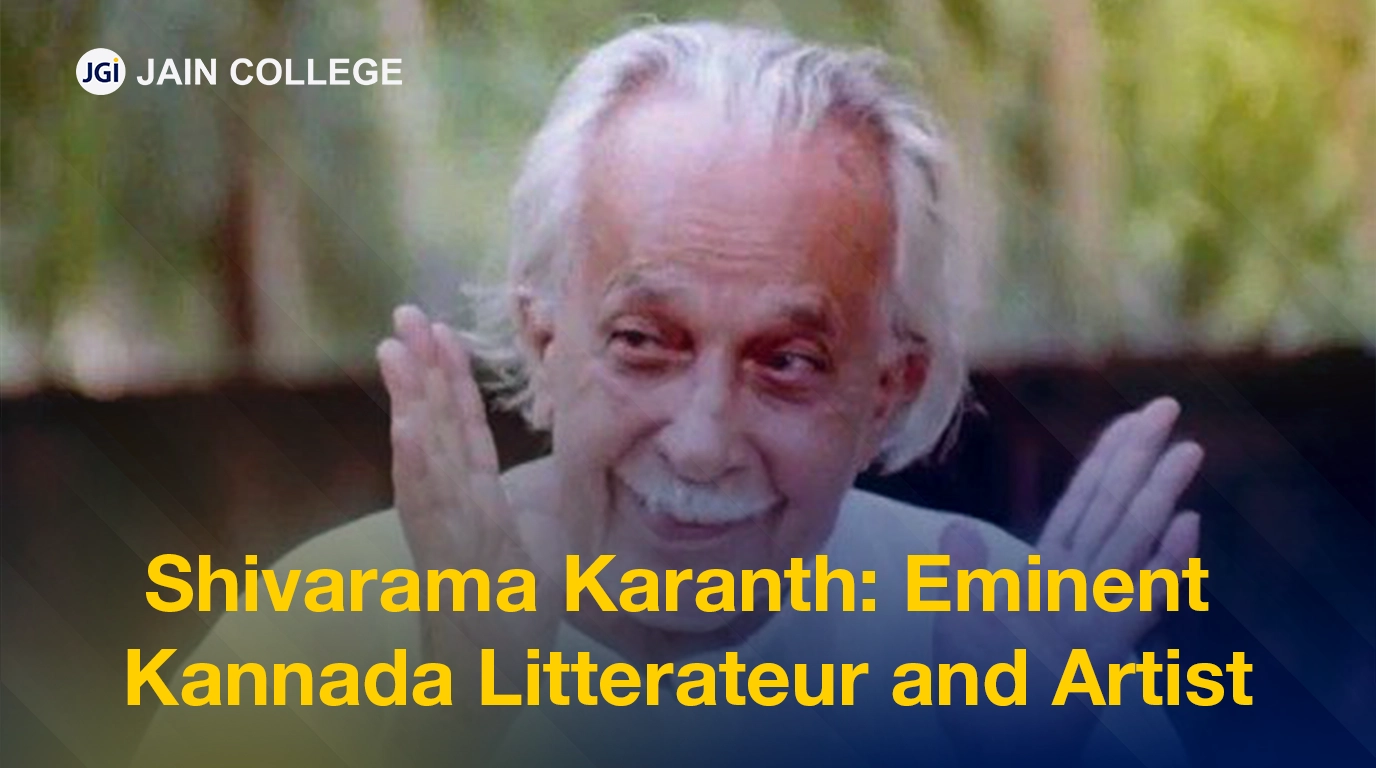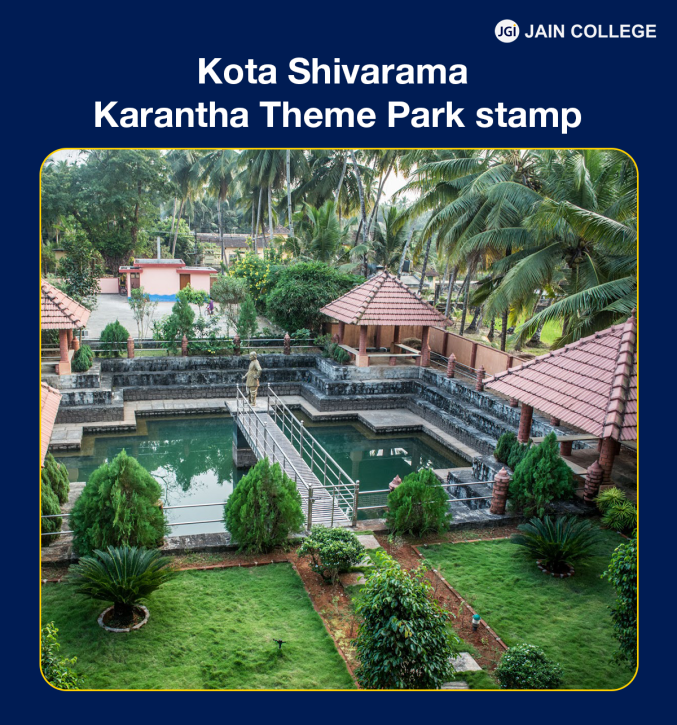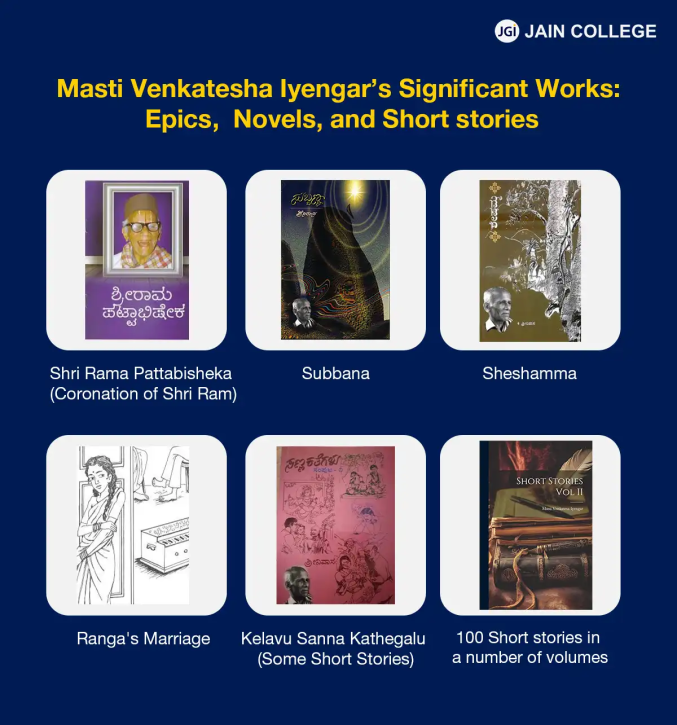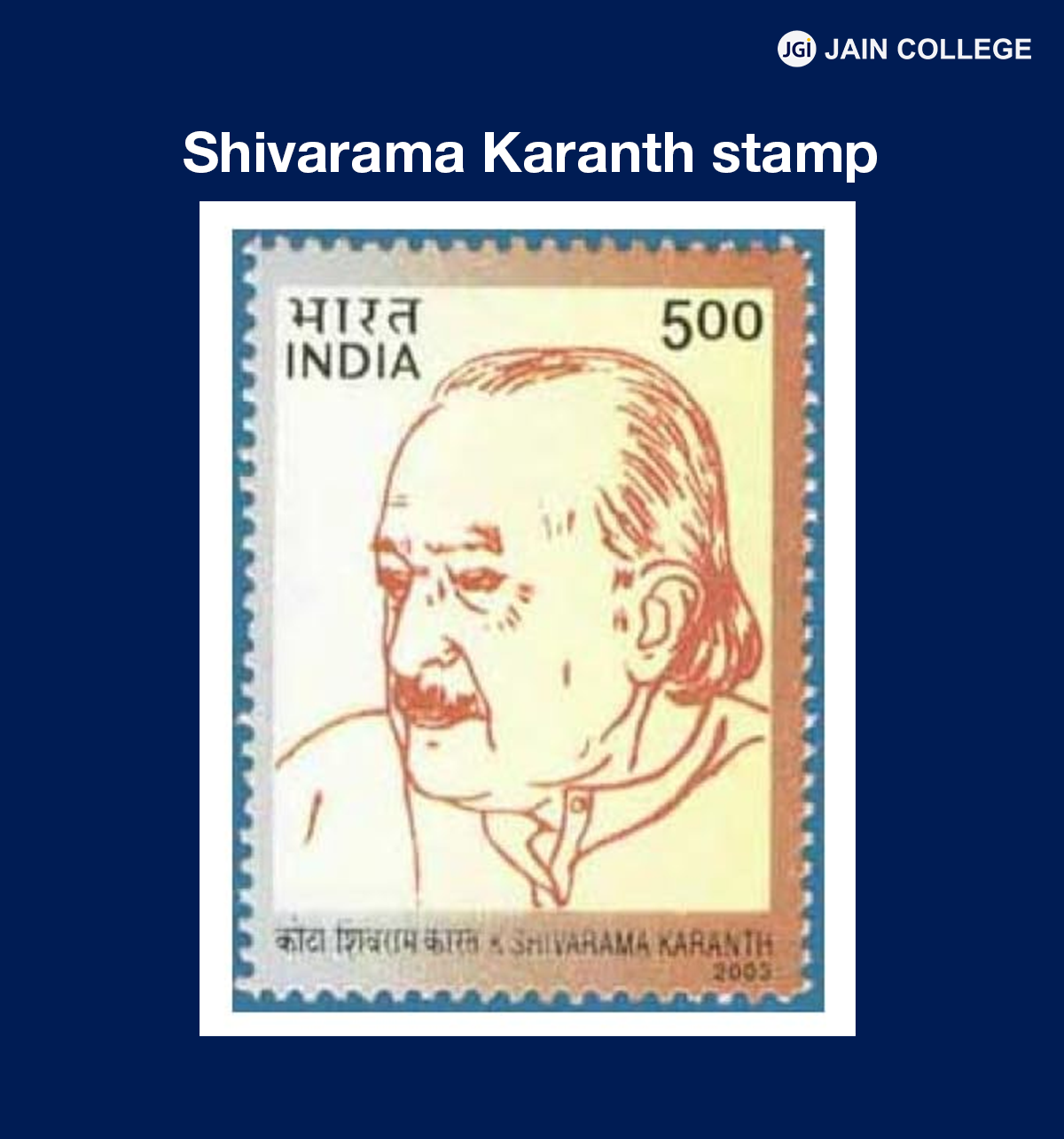
Dr Shivarama Karanth was an outstanding novelist, playwright, environmentalist, Yakshagana reformer, poet, and artist. It was Shivarama Karanth who broke the tradition of Kannada writers' reticence about their private selves and dishonest reiterations of their public personas. He was usually perceived as a wise teacher of the community, transcending the contradictions that ordinary human beings face.
His contributions in the fields of art, literature, the environment, and social services have been the guiding principles for society.
Let's explore the remarkable journey of Shivarama Karanth!
Early Life and Education Shivarama Karanth |
|
| Full Name | Kota Shivarama Karanth |
| Official Name | K. Shivarama Karanth |
| DOB | 10th October 1902 |
| Place of Birth | Kota near Kundapura in the Udupi district of Karnataka |
| DOD | At the age of 95 - 9th December 1997 |
| Education | Primary education in KundapurCompleted higher education from Mangalore's Government CollegeFurther education was interrupted by his involvement in India's independence movement |
| Occupation | Social activist EnvironmentalistKannada writer and intellectualArtist, filmmaker and yakshaganaNovelist, playwright, conservationist |
| Family Details | |
| Parents | Mother: Lakshmamma; Father: Shesha Karanth |
| Spouse | Leela Alva (married on 6th May 1936) |
| Children | 4 (Two sons & Two daughters) |
Literary Contributions and Career of Shivarama Karanth |
|
| Occupation | Artist, filmmaker and yakshagana |
| Language | Kannada |
| Genre | Dance-drama, fiction, literature for children and popular science, |
| 1948 | Autobiography: Ten Faces of a Crazy Mind |
Later Years and Legacy of Shivarama Karanth |
|
| 1965 | Karnataka Sahitya Academy |
| 1968 | Padma Bhushan |
| 1975 | National Film Award for Best Story Writer – Chomana Dudi |
| 1978 | Jnanapith Award |
| 1959 | Sahitya Akademi Award |
| 1986 | Rajyotsava Prashasti |
| 1989 | Pampa Award |
| 1990 | Dadabhai Nauroji Award |
| As a major contributor to Kannada literature and culture, Shivarama Karanth influenced and inspired audiences through his novels, plays, books, art, architecture, yakshagana studies, and contributions to environmental awareness. | |
Kota Shivarama Karanth was also known as K. Shivarama Karanth. He was a man of astounding creativity.
Kota Shivarama Karanth was born to a Kannada-speaking Smartha Brahmin family and was the fifth child of his parents, Lakshmamma and Shesha Karanth. He received his primary education in Kundapura and Bangalore. Gandhi's principles have influenced him since his childhood. Due to his interest in the Indian independence movement, he could not complete his college education. He quit his education in the year 1922 and canvassed for khadi and swadeshi in Karnataka for five years. In 1936, he married Leela Alva.
K. Shivarama Karanth lived primarily in his native village of Kota, near Kundapura in the Udupi district of Karnataka. The village is well-known for being the hometown of Kota Shivarama Karanth, the Kannada Jnanapeeta Prasasti winner.

Today, this Balavana is part of a preserved cultural space, park, and recreation centre in Puttur, Karnataka, which functions as a museum and cultural recreation centre while preserving the life and work of the renowned scholar and author, K. Shivarama Karanth.
During more than 40 years at his residence in "Balavana" in Puttur, Shivarama Karanth produced numerous literary masterpieces, engaged in various Yakshagana projects, and oversaw an experimental school. In this location, he lived and wrote passionately, developing and bringing to life characters such as:
Decades later, both Bettada Jeeva and Chomana Dudi gained national recognition as prize-winning films.

Shivarama Karanth's novels have been characterised by a naturalistic and powerful portrayal of social issues, including casteism, societal rigidity, and the struggles of the common man. His novels have transformed a whole generation of Karnataka's youth and their homes.
Shivarama Karanth, a Renaissance man, boldly returned the award in protest against the Emergency.
He was the third recipient of the Jananpeeth Award for a Kannada writer. Some of his famous
In the 1920s, Shivarama Karanth penned his first novel, Vichitrakoota, a detective novel. This novel marked the beginning of his career as a novelist.
Shivarama Karanth wrote a vast number of novels; some of his notable novels include
Mookajjiya Kanasugalu, Alida Mele, Bettada Jeeva, Chomana Dudi, Marali Mannige, Mai Managala Suliyalli are some of his novels. All his works were considered among the most influential and received widespread praise from critics. Mookajjiya Kanasugalu is a key work recognised by the Jnanpith Award.
Shivarama Karanth authored many plays, demonstrating originality, and also wrote collections of short stories. Some of his notable plays include Yaksagana and Yakshagana Bayalata
Shivarama Karanth had a passion for children's literature. He wrote hundreds of books for children and even ran an experimental school. Some of these books include Huliraya, Oduva Ata, Dum Dum Dolu, Arivina Ananda, Vishala Sagaragalu, Mailikallinodane Matukathegalu, Balaprapancha-Makkalavishwakosha—Vols. 1, 2, and 3, and more.
Along with writing novels, short stories, and children's literature, Shivarama Karanth also produced numerous books of essays and sketches.
Shivarama Karanth's diverse intellectual interests are evident in his numerous art books, a Kannada dictionary, and popular science publications. Shivarama Karanth significantly modernised the ancient dance-drama form of Yakshagana, making it accessible to contemporary audiences.
| Books: | 13 books on art |
| Poems: | 2 volumes of poems |
| Plays: | 31 plays |
| Novels: | 47 novels |
| Articles: | Over 100 various articles on various topics |
| Short stories: | 4 short story collections |
| Encyclopaedias: | 9 encyclopaedias |
| Books of essays and sketches: | 6 books of essays and sketches |
Also Read: Kuvempu: Karnataka’s Iconic Poet and Jnanpith Award Winner
Dr Shivarama Karanth is the Jnanpith Award-winning artist, dramatist, sculptor, and author of several novels and textbooks. He was a versatile intellectual who dominated the better part of the twentieth century. Karanth was a leader in the Kannada cultural scene. Unlike most other Kannada writers, Karanth never held a salaried job in his life.
Since independence, Kota Shivarama Karanth has been among the finest novelist-activists, Kannada writers, social activists, environmentalists, Yakshagana artists, filmmakers, and thinkers. According to the sources, Ramachandra Guha, an Indian historian, environmentalist, writer and public intellectual, called Shivarama Karanth the "Rabindranath Tagore of Modern India"
Quick Overview:
| Year | Award |
| 1959 | Sahitya Akademi Award |
| 1973 | Sangeet Natak Akademi Fellowship |
| 1978 | Jnanapith Award |
| 1985 | Sahitya Akademi Fellowship |
| 1986 | Rajyotsava Prashasti |
| 1989 | Pampa Award |
| 1990 | Tulsi Samman |
| 1990 | He received the Dadabhai Nauroji Award for his contributions to art and culture, particularly for his significant work promoting and revitalising Yakshagana. |
In addition to these awards, Shivarama Karanth also received the Sangeet Natak Award, the Karnataka Sahitya Academy Award, the Swedish Academy Award, and honorary doctorates from Mysore University, Meerut University, Karnatak University, and others.
Shivarama Karanth also received the Padma Bhushan award in 1968, which he returned as a protest against the Emergency.
Considering the many facets of Karanth's genius, he was considered a second Rabindranath Tagore. There was greatness about both.
India Post released a commemorative postage stamp for Kannada polymath K. Shivarama Karanth on October 15, 2003, as part of his birth centenary celebrations.

A commemorative postal item has been released to pay tribute to the life of Kota Shivarama Karanth:
Shivarama Karanth's legacy inspires generations of writers, poets, and thinkers. He was considered a legend during his lifetime. He made a mark as a novelist even in the 1930s of this century with his novels Mookajjiya Kanasugalu, Marali Mannige, and Chomana Dudi.
Throughout his life, Shivarama Karanth showed incredible creativity. His pioneering work for the Yakshagana and his contribution to the conservation movement will immortalise him.
Stay tuned with JAIN PU College to learn more about Karnataka's famous literary authors and poets and the Jananpeeth award for the Kannada language.
Ramachandra Guha, an Indian historian, environmentalist, writer and public intellectual, called Kota Shivarama Karanth the "Rabindranath Tagore of Modern India."
Kota Shivarama Karanth received the Jnanapeeth Award in 1977. He was the fifteenth recipient of the Jnanapeeth Award.
Altogether, in his lifetime, Kota Shivarama Karanth wrote forty-seven novels.
Mookajjiya Kanasugalu, the Kannada epic novel written by K. Shivarama Karanth in 1968, won the Jnanpith Award.
K. Shivarama Karanth began his writing in 1924. Vichitrakoota was his first novel to be published. It is a detective novel and was written during his stay in Puttur, also known as Balavana.

JAIN PU College, a part of the renowned JGI Group, is committed to empowering students with quality education.
Beyond academics, the college ensures its online content reflects the same standard of excellence. Every blog and article is meticulously vetted and proofread by subject matter experts to ensure accuracy, relevance, and clarity. From insightful educational topics to engaging discussions, JAIN PU College's content is crafted to inform, inspire, and add value to its readers, reflecting the institution's commitment to intellectual growth and innovation.
View all Blogs